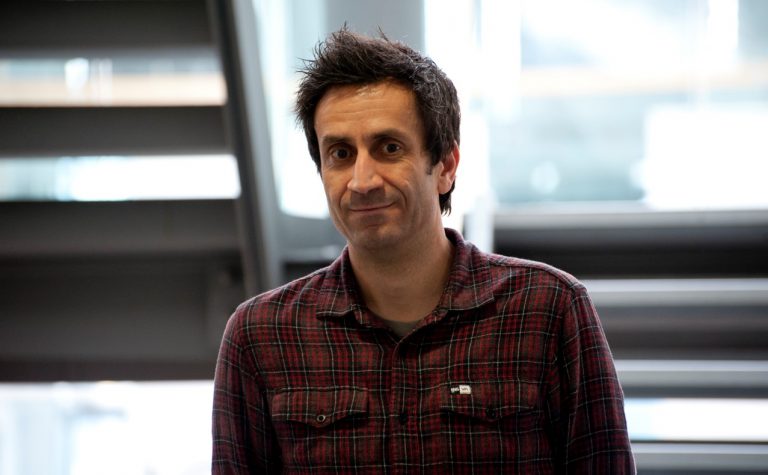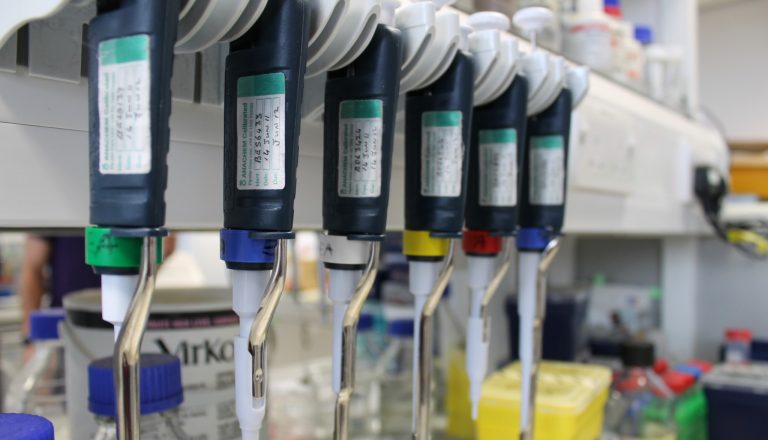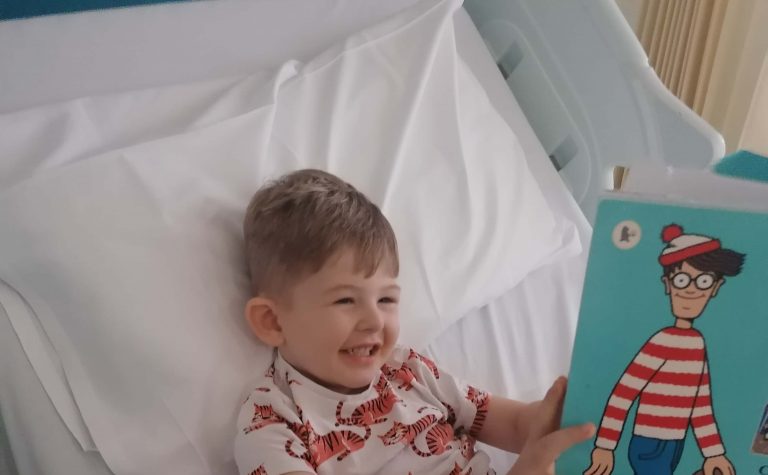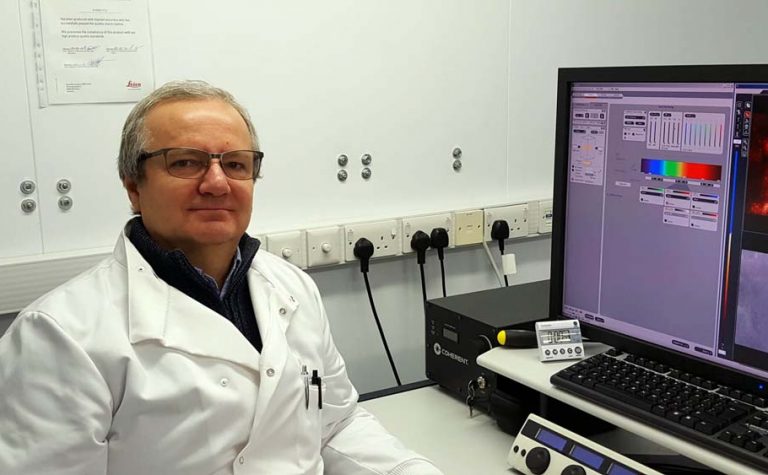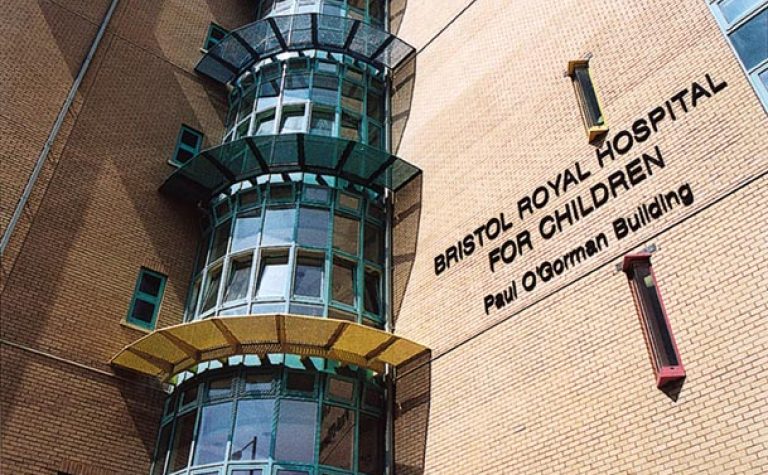About the research team
Prof. Chris Jones, based at the Institute of Cancer Research, is the UK biology lead of the BIOMEDE clinical trial, which is testing targeted therapies for children and young people with DMG (DIPG). He has developed laboratory models from tumour samples taken from patients in this trial and identified the possible use of MEK inhibitors in some of these tumours. He is an expert in the molecular analysis of these kinds of childhood brain tumours and has considerable experience in testing new drugs in the laboratory. Prof. Jones will be working with Dr Pratiti Bandopadhayay, who is based at the Dana-Farber Cancer Institute at Harvard University. She has developed cutting-edge screening techniques that allow for large-scale, high-throughput analysis to identify individual cancer cells which evade drug treatment, as well as genetic deletion screens. Dr Bandopadhayay has applied these techniques successfully to other brain tumour types and is an expert in childhood brain tumour biology. This project joins up the world-leading academic drug development expertise at the ICR in London and the unparalleled cancer biology facilities at the Dana-Farber in Boston.